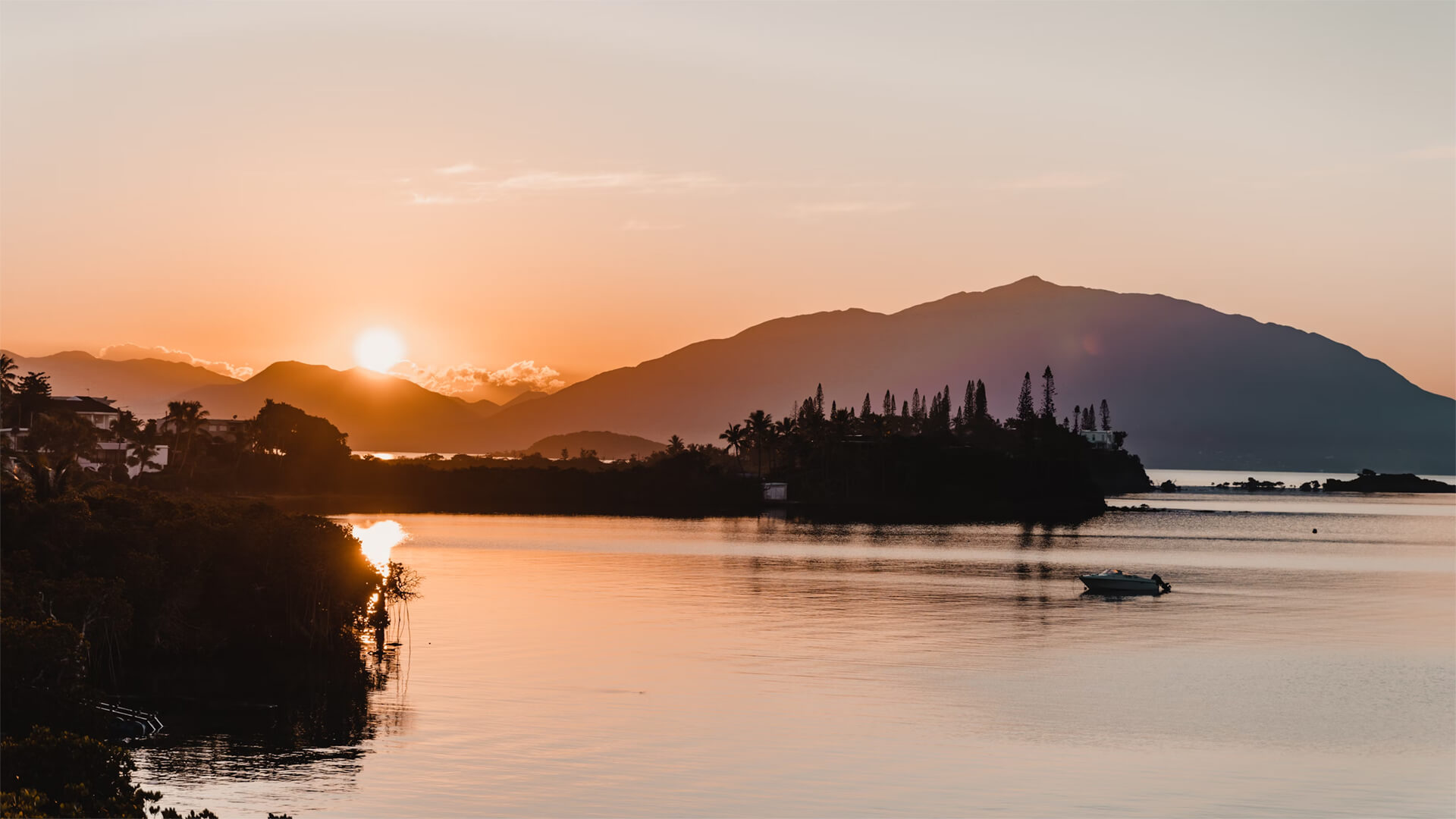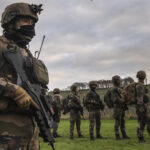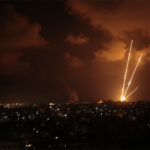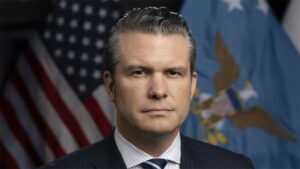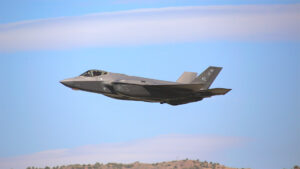WEBINAR – Peter Zeihan’s Risk List: What Keeps a Geopolitical Strategist Up at Night
Please join Peter Zeihan for a webinar on June 5th at 12:00 PM EST on a topic that is near and dear to the hearts of the Zeihan on Geopolitics team: geopolitical risk. This webinar will feature Peter’s reasonable-fear list, focused on issues that in his opinion have the most potential to impact market outcomes.
It’s no surprise that the French like to be “involved” in as many places as possible, but what’s going on with the current rebellion in the French protectorate of New Caledonia?
The independence movement is gaining traction in New Caledonia, but the French are changing electoral laws to prevent the movement from succeeding. Given France’s recent moves in Armenia, they’ve attracted the attention of Azerbaijan to this little foothold in the Southwest Pacific.
While Azerbaijan might not have the most experience in supporting dissidents, they do have the financial resources to piss off the French. Tensions are rising and this little island known for nickel mining might be getting more interesting than usual.
Here at Zeihan On Geopolitics we select a single charity to sponsor. We have two criteria:
First, we look across the world and use our skill sets to identify where the needs are most acute. Second, we look for an institution with preexisting networks for both materials gathering and aid distribution. That way we know every cent of our donation is not simply going directly to where help is needed most, but our donations serve as a force multiplier for a system already in existence. Then we give what we can.
Today, our chosen charity is a group called Medshare, which provides emergency medical services to communities in need, with a very heavy emphasis on locations facing acute crises. Medshare operates right in the thick of it. Until future notice, every cent we earn from every book we sell in every format through every retailer is going to Medshare’s Ukraine fund.
And then there’s you.
Our newsletters and videologues are not only free, they will always be free. We also will never share your contact information with anyone. All we ask is that if you find one of our releases in any way useful, that you make a donation to Medshare. Over one third of Ukraine’s pre-war population has either been forced from their homes, kidnapped and shipped to Russia, or is trying to survive in occupied lands. This is our way to help who we can. Please, join us.
Transcript
Nothing says power politics quite like a castle. So I thought this backdrop would be a great way to talk about the Southwest Pacific. specifically, we’ve got a rebellion going on in the province of New Caledonia. It’s an island that’s a French protectorate colony. And we’re starting to see people walking around with flags of Azerbaijan. So, you know, this requires a little bit of unpack.
So, first of all, this is a territory that survived as a French protectorate. even after the rest of the colonies were hived off. And, on purpose or not. In the aftermath of World War two, during the decolonization period, the French held on to New Caledonia for two reasons. Number one, strategic position in the Southwest Pacific gives them a leg in that part of the world.
And second, and from an economic point of view, far more importantly, New Caledonia is the third largest mine for nickel in the world. Nickel, obviously is using stainless steel, and of late it’s becoming far more important for green transition technologies. Everything from solar to, electrical grade steel to electric vehicles. Now, New Caledonia has had a kind of a rough time over the last few decades, because their nickel isn’t all that economically viable.
the mines are the best in the world and far more importantly, takes a lot of energy to process nickel. And to be perfectly blunt, if you’re on a small island in the South Pacific and it’s really, really expensive. So it hasn’t broken even for much of the last 30 years. And even companies like Glencore, which are how should I put this?
Typically not bound by a lot of ethical concerns are in the process of trying to get out. but but but but but if the green transition really does happen, we need ten times as much nickel. And that’s going to change the math for pretty much everything involving the island, which is why we’ve got the unrest right now.
There is an independence movement that is gaining steam, and the French are in the process of making sure that it cannot succeed. So they’ve changed the electoral laws. It used to be that if you had been in the province, on the island for more than 25 years, you could vote in local elections. And that gave the local Kanak minority majority status.
But, the French are in the process of changing that. So you only had to have lived there for ten years. And if you include all the mainland French imports to the island that have moved in the last decade, all or in the last 15 years, you’ve got a very different picture and the independence movement will never succeed.
So that’s what’s going on to the French point of view. That’s what’s going on from the island point of view. That just leaves the observers. How do you flags? as we talked about recently, France is getting involved in the caucuses, specifically helping out Armenia, where it can diplomatically thinking that that’s going to give them a leg up in the caucuses.
And that might provide them with some diplomatic heft that they’re losing in West Africa. Azerbaijan’s on the other side of that conflict, as a region in Armenia for a number of wars. And at the moment, Azerbaijan’s doing a lot better for a number of reasons, twice the population, 20 times the economic strength, much more powerful military and has recently kicked the Armenians ass in a couple of regional wars.
Well, so France mucking about in Armenia has triggered a counter response, with Azerbaijan now monkeyed around in New Caledonia. Now Azerbaijan brings nothing to this fight. They have no experience in supporting it with dissidents. They don’t know how to do paramilitary attacks at all. But what they do have is a metric butt ton of money. This is a country with barely 10 million people who have a million barrels per day of oil exports, and they can throw a lot of cash at a lot of things, at a lot of places if they want to.
And for their first big trick, they’re trying to sponsor a revolution in the South Pacific just to piss France off. It’s working.

